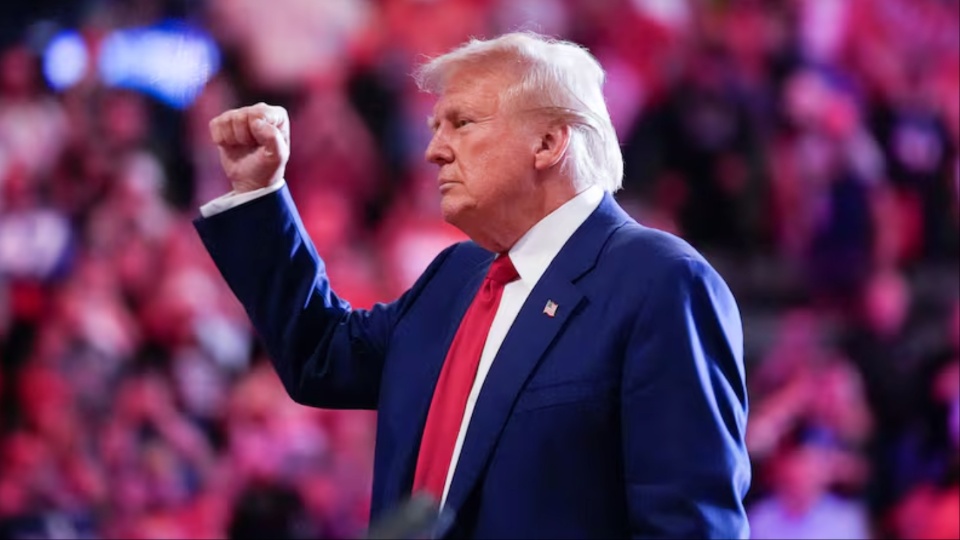On August 3, China’s President Xi Jinping commemorated the 80th anniversary of the victory against Japanese aggression and fascism, emphasizing the theme “Remembering history and changing the future.” The article revisits the historical definition of fascism as articulated by Georgi Dimitrov in 1935, defining it as an “open terrorist dictatorship” of finance capital amid class struggle, marking a shift away from traditional capitalist democracy. Dimitrov highlighted that fascism is not an inevitable outcome of capitalism but emerges from revolutionary threats posed by the working class.
Additionally, Palmiro Togliatti and Nicos Poulantzas contributed insights into the forms and circumstances under which fascism can arise, asserting that capitalist systems inherently lean toward reactionary governance. The article poses a critical question: is fascism developing in contemporary times, particularly within the U.S.?
It argues that today’s environment shows fascistic tendencies even as the working class is not in an outright revolution. Extreme-right parties are gaining traction globally, with the U.S. exemplifying this shift, particularly during Trump’s presidency. The article outlines Trump’s actions, such as aggressive rhetoric and militarization, which echo historical fascist movements.
To combat this emerging fascism, the article insists on uniting all left and progressive forces into a mass front against these threats, echoing Dimitrov’s call for resistance. While recognizing the challenges posed by class collaboration and opportunism, it asserts that the fight against fascism must be a collective effort.



